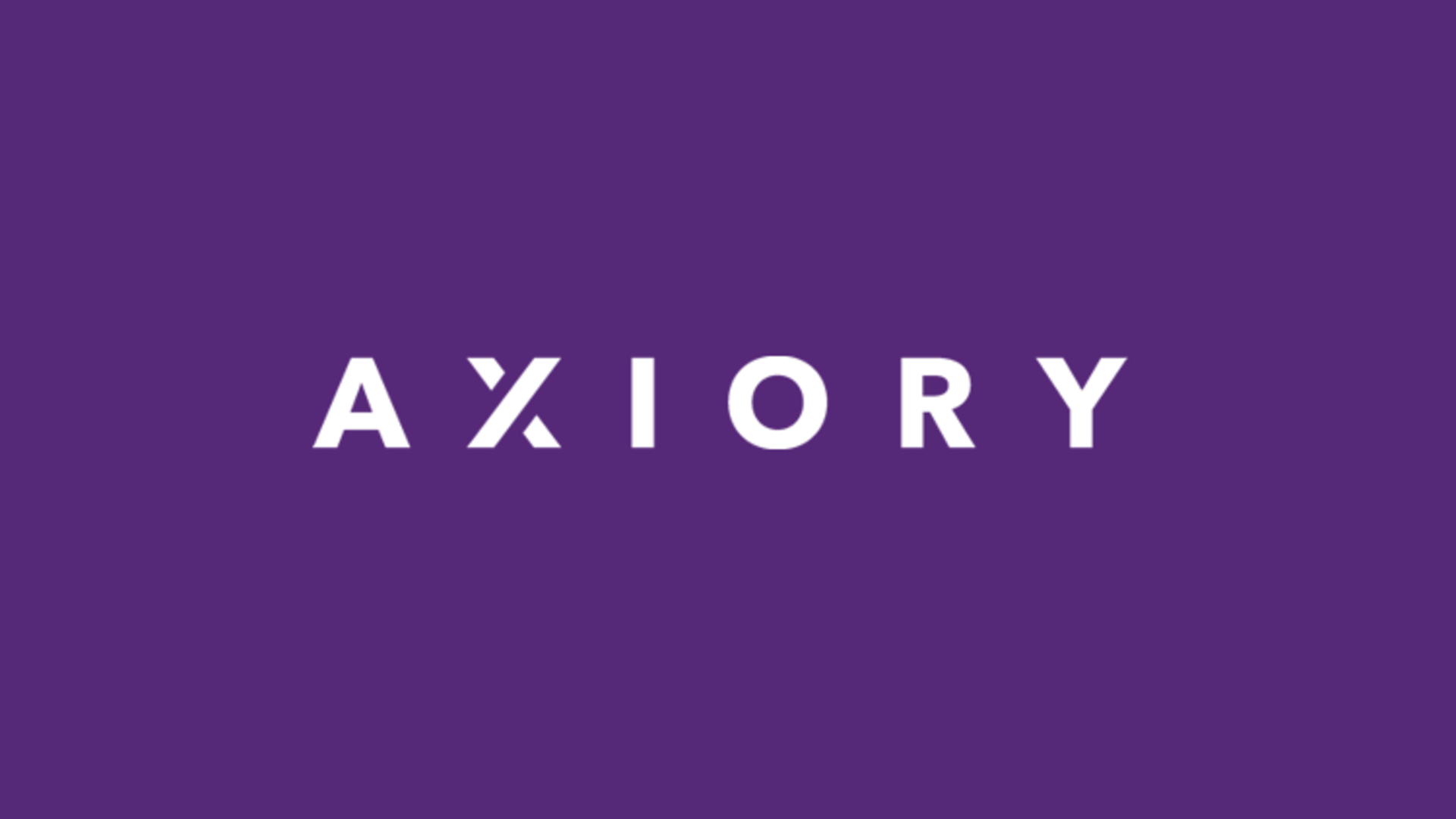Contents
To many people, it comes as a bit of a surprise when they hear how much of a huge Forex environment the whole continent is. However, when one considers how many economic powerhouses it houses, everything starts to make much more sense and becomes much clearer. With the economic giants like China, Japan, South Korea, India, etc, the entire continent of Asia has a combined GDP of over $31.58 trillion, which is absolutely mind-blowing.
Asia reached this level due to the fact that their countries have done such an amazing job at industrializing and utilizing the large labor force they possess. Indeed, some of Asia’s leading financial centers such as China and Japan definitely have to thank technology for having reached the level they have reached. The same could be said about South Korea as well, which is one of the most technologically developed countries not only in the region but the whole world. Needless to say, in a region with so man interesting countries, there should be some huge opportunities for Forex trading. This is definitely the case, because the countries we just mentioned are considered to be some of the leading Forex countries in the world, and in these countries, the popularity and relevance of Forex trading are only going up, higher and higher.
With such rapidly-increasing popularity of Forex trading, and with so many people joining on a daily basis, it becomes ever so important to make sure that one is adequately informed of all the important details such as the risks associated with trading, how to protect themselves from fraud, how to seek out and claim opportunities, and much more. This is exactly why we created this guide, which contains a huge list of Asian countries whose Forex environments we have reviewed. In these guides, you will find everything you need to know on exactly how Forex trading works in Asia, and specifically what you need to know to become successful.
List of top Forex brokers in Asia
As mentioned, Forex trading is absolutely booming in Asia. As such, it is recognized as one of the primary destinations by many brokers. This means that there is a lot of variety and choice when it comes to what brokers are available, and how many. This can definitely make choosing your broker a bit of a daunting task for a beginner, as there are so many things to take into account when making your decision. If you agree, then you will love this list, which we compiled after hours and hours of research. The list contains the very best Forex brokers operating in the Asian region. Check out all of them below, and choose the one which fits your needs the best!
XM
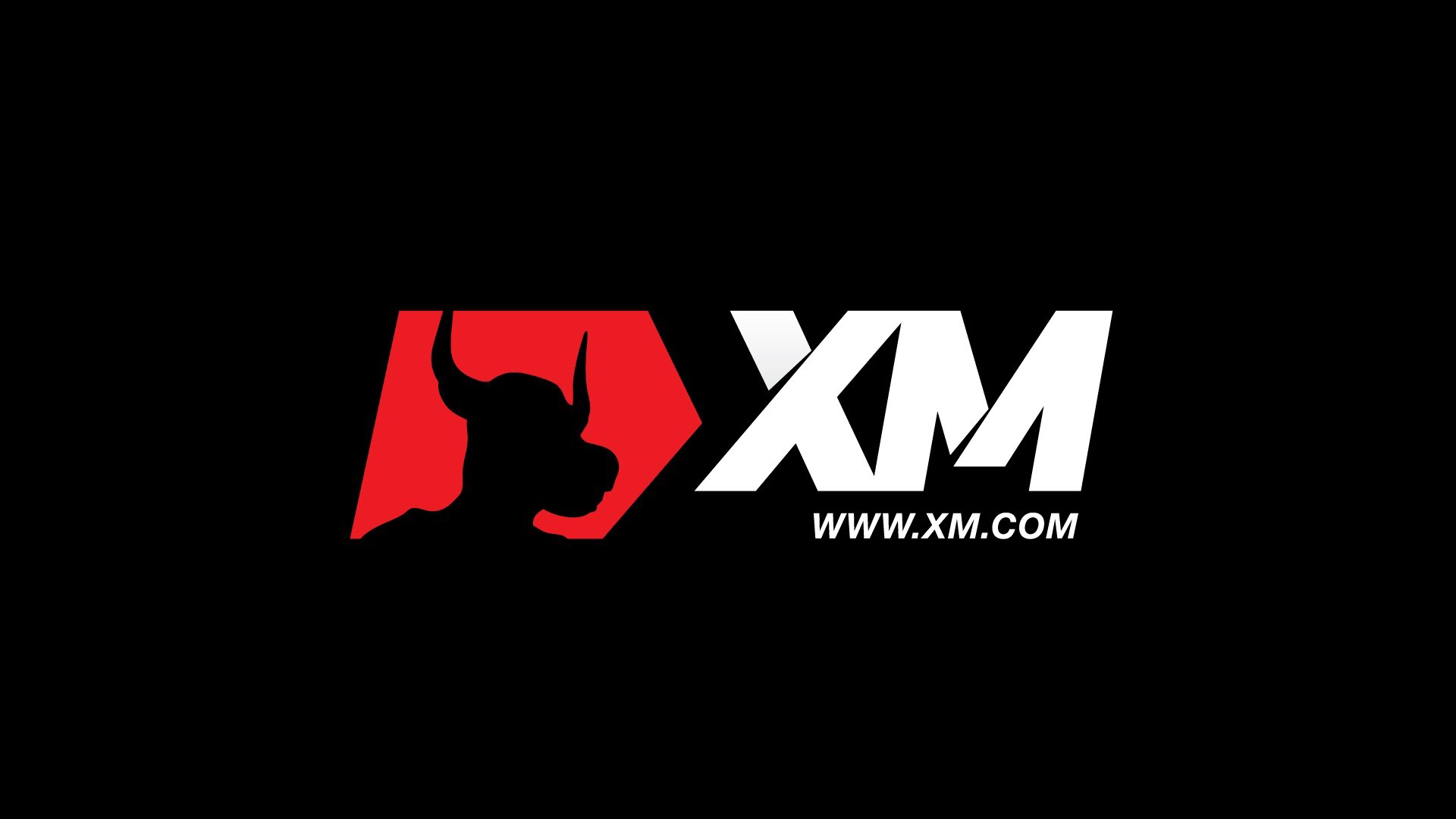

Min. Depo
$5

Licences
FCA, CySEC, IFSC, ASIC, DFSA

Leverage
1:888

Platforms
MT4, MT5, WebTrader
AvaTrade


Min. Depo
100 USD

Licences
ASIC, FSA, FSCA, FFAJ, FSRA, FSC

Leverage
400:1

Platforms
MT4, MT5
Exness
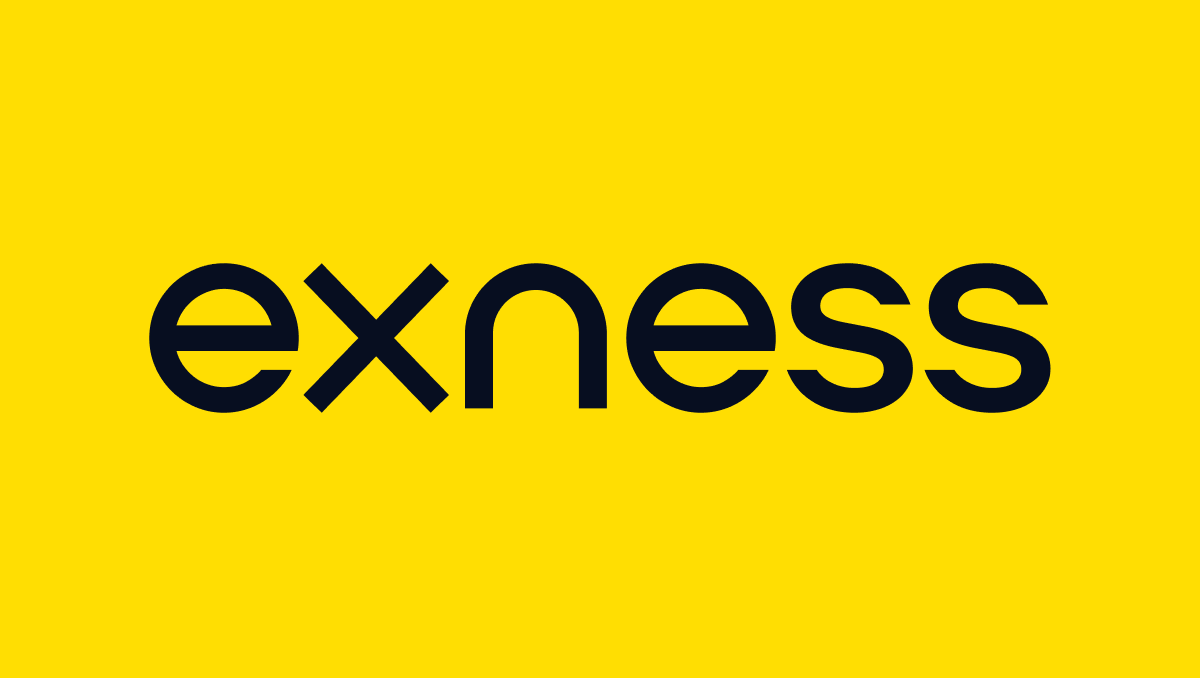

Min. Depo
$10

Licences
CySEC, FCA, SFSA

Leverage
1:2000

Platforms
MT4, MT5
FundedBull
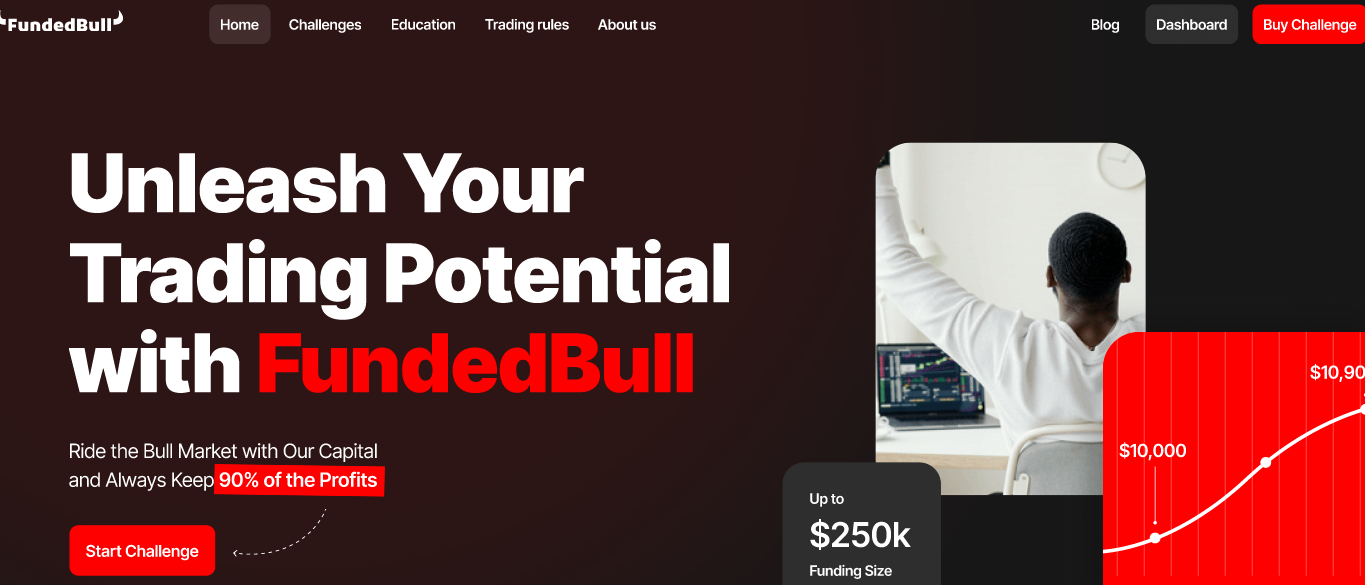

Min. Depo
49 USD

Licences
N/A

Leverage
N/A

Platforms
MT4, MT5, cTrader
Forex.com
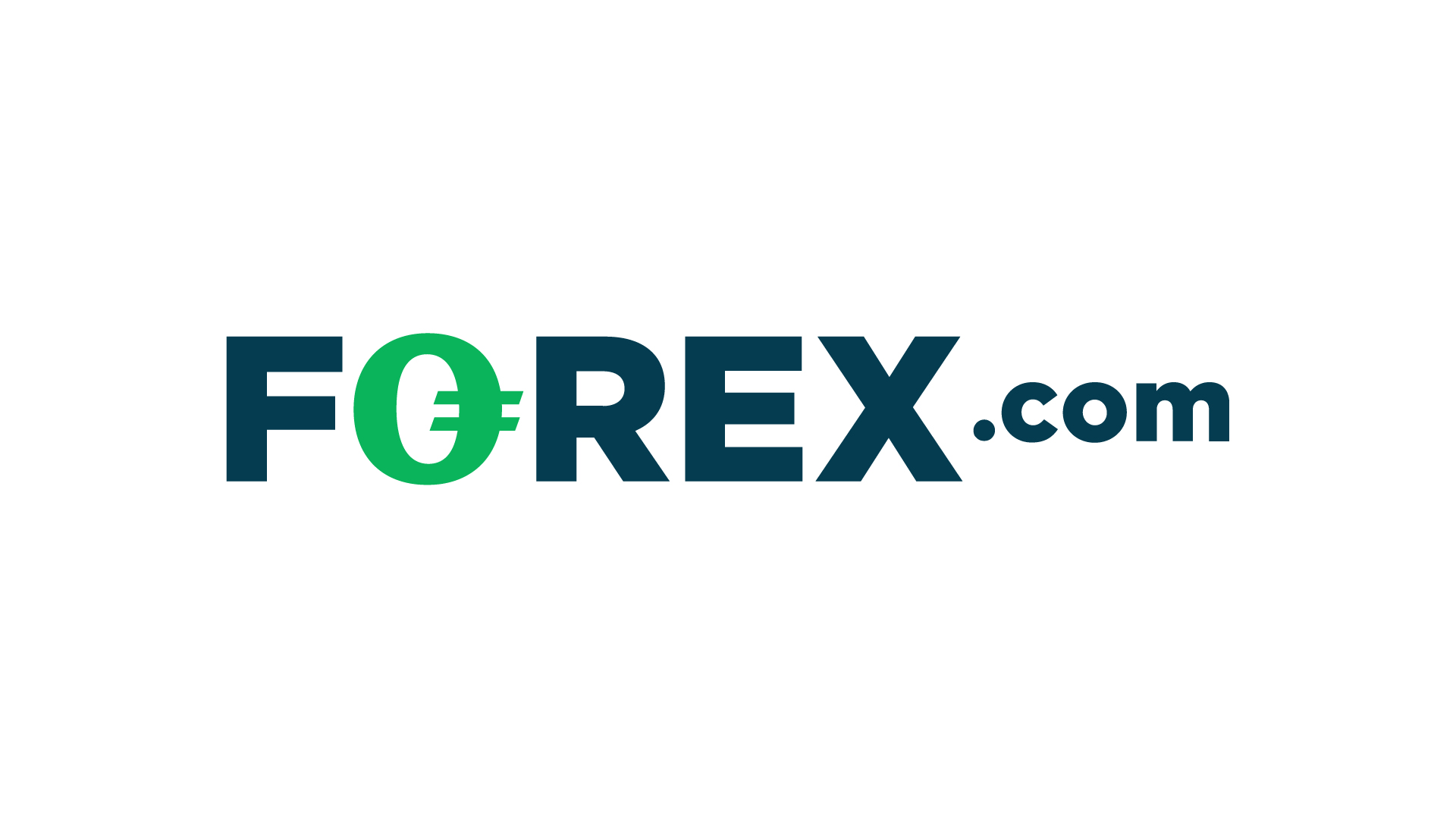

Min. Depo
$100

Licences
NFA, CFTC, FCA, FSA, IIROC and CIMA

Leverage
1:50

Platforms
WebTrader, MT4, MT5
CMTrading

Min. Depo
250 USD`

Licences
FSCA

Leverage
1:200

Platforms
MT4, WebTrader, Copykat
Plus500


Min. Depo
$100

Licences
FCA, ASIC, CySEC, FSCA, FMA, MAS

Leverage
1:30

Platforms
WebTrader, Windows 10 Trader
Forex trading in Asia – guide by country
Below are the dedicated guides to the Forex markets to all the Asian countries we have reviewed and tested out. The guides contain very useful information for anyone interested in Forex trading in Asia, whether they be complete beginners or experienced traders joining the Asian market for the first time.
- Bahrain
- Bangladesh
- Cambodia
- China
- Hong Kong
- India
- Indonesia
- Iran
- Israel
- Japan
- Jordan
- Kazakhstan
- Kuwait
- Laos
- Lebanon
- Macao
- Malaysia
- Mongolia
- Nepal
- Oman
- Pakistan
- Philippines
- Qatar
- Saudi Arabia
- Singapore
- South Korea
- Sri Lanka
- Thailand
- Turkey
- UAE
- Vietnam
Forex regulations in Asia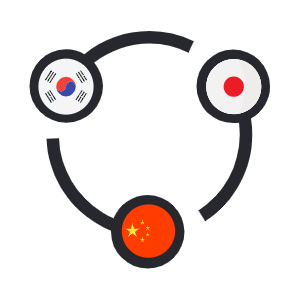
When it comes to its regulatory environment, Asia is pretty much on top of its game. A good regulatory environment is the one which is strict enough to make sure that the brokers are kept in check and operate in a legal and fair manner, while also simultaneously accommodating and lenient enough to allow the market and its participants to grow. When you consider how much growth Forex trading has seen in Asia in the last years, it could be said that the Asian regulators are doing an excellent job at this.
How exactly does the Asian regulatory environment look? What kind of legal entities govern it, and what measures have they implemented towards creating a safer, more profitable, and overall more positive Forex trading environment? Let’s first discuss how the licensing process looks like for the Asian Forex countries, and what are the important bits you need to know on that front.
Licensing for Asian Forex brokers
Despite being quite a Forex-heavy region, when it comes to the matter of licensing and licensed brokers, it is definitely not on the same level as the region of Europe. This, however, is not to say that the Asian countries do not have effective licensing policies that would guarantee your safety. On the contrary, as an example, China has some of the strictest licensing demands on the global Forex market. For many brokers, it is actually very difficult to get into the Chinese market, so much so that many of them don’t even try.
On the other hand, with the European Forex markets, the brokers have it extremely easy, as all they have to do is sign up with any regulator from any EU country, and they can freely enjoy operating in ALL other EU countries. In Asia, the brokers don’t have such luxury, and instead, have to cater to the individual rules of the respective countries. Sure, most of the countries will offer some kind of a solution to circumvent this issue, such as permitting the brokers to operate in the country as long as they have some kind of a physical presence in the country, which, in most cases, is in form of a partnership with a locally-based financial company of some kind; often referred to as “introductory companies”, but the point still stands – licensing and obtainment of permits in Asia is no walk in the park for Forex brokers.
Naturally, all countries have their own standards and requirements as to which brokers should be eligible for the license, but luckily, these requirements and standards, to a degree, are very similar. Let’s discuss some of the specific standards, rules, requirements, and different practices that the brokers are required to follow.
Your account will be segregated
A common practice that is accepted throughout the Asian Fore market is the rule of account segregation. This is a great practice that provides you with tons of safety. According to this rule, the brokers are not allowed to keep the funds of the traders in the same account where they keep their own funds. The reason this is helpful land useful is that it prevents the scenario where your broker may maliciously use your funds for some other purposes. Additionally, it protects you from the scenario where the broker’s funds might get frozen or confiscated. All in all, it’s a great feature, which you can expect with most of the Forex environments in Asia.
You will be protected by an investor compensation scheme
Another great practice that is common in Asia and the rest of the world is the practice of investor compensation schemes/funds. The way it works is that the brokers are necessitated to procure a certain amount of funds solely for the compensation of traders, eligibility of which is determined based on the respective regulator. These are mostly applicable in case the broker goes bankrupt, thereby putting clients’ funds in danger. This is just one example, though, and the actual applications may be various and numerous. As always, make sure that you conduct sufficient research on these topics yourself before you proceed.
The most common investor compensation scheme in the world is the ICF (Investor Compensation Fund) of CySEC, the most popular regulatory body in the world hailing from Cyprus. According to ICF, each investor is entitled to €20,000 of compensation. While still a great help for those in need, CySEC’s compensation is considered to be among the lowest in the world. As a comparison, for the UK’s FCA, the compensation limit is as high as £85,000.
What if your broker isn’t locally-licensed?
As mentioned, due to the difficulty of having to work with so many different environments, it is rather uncommon for the brokers to be registered with most of the regulators of the countries they’re operating in. This, of course, births the question of whether or not it is safe to go with these brokers in the first place, with them not being monitored by the government. The answer is yes, it is definitely safe, as long as you make sure that the brokers are licensed with at least one legitimate and respected regulator from another country.
The governments of the other countries in Asia are definitely aware of this, and this is why they have no issue with letting the citizens trade with brokers that are licensed with respected regulators such as FCA or CySEC. Depending on the country and its rules, a broker may not even have to go through any additional procedures for this and can start offering their services straight away. In other countries with the stricter approach, China being a good example, brokers need to have at least some kind of a physical presence, preferably with an actual physical office, and alternatively with an introductory broker.
Asian Forex market – what we learned
As we have learned from this guide, the Asian Forex market is absolutely thriving. With the huge economic growth of countries like China and the diversity of said economies, the possibilities for Forex trading are really endless. Whether you’re looking to trade currencies/native currency of your country, or if you’re interested in trading commodities like oil, gold, or anything else, in Asia, you will be able to accommodate any of your interests and desire


